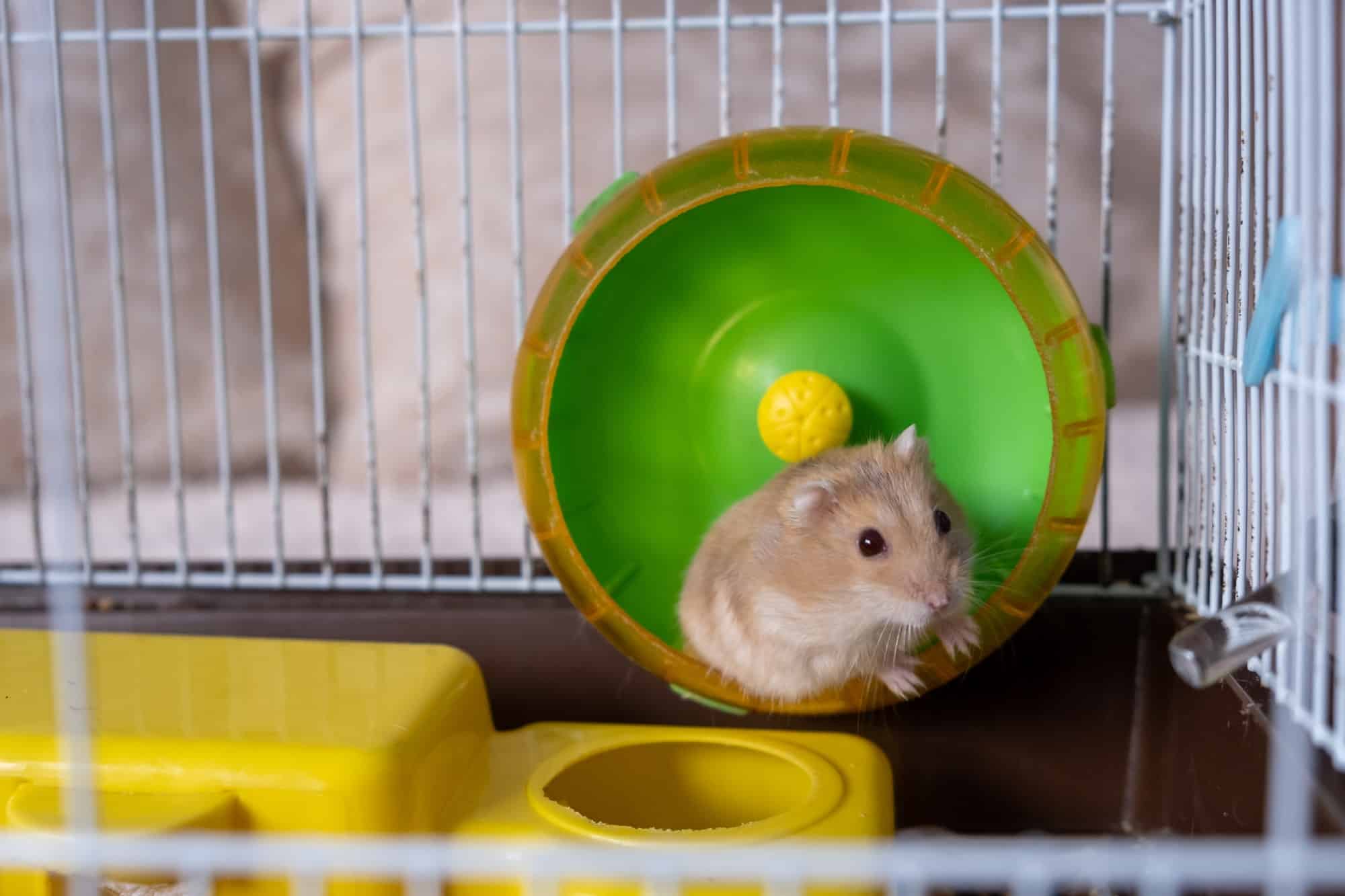
Hamsters are adorable, energetic creatures that captivate the hearts of many pet enthusiasts. They require a stimulating environment to flourish and maintain their well-being, and a key component of their habitat is an exercise wheel. This simple device is crucial for their physical health, mental stimulation, and overall happiness. However, not all hamster wheels are created equal, and choosing the right one can be a bit of a puzzle.
In this article, we will explore the ins and outs of selecting the perfect exercise wheel for your furry friend. We’ll consider size, durability, the importance of silence, and how to keep the wheel clean. Your pet’s comfort and safety are paramount, and with the right information, you will be able to provide them with a wheel that suits their needs and lets them run to their heart’s content.
En parallèle : Why do dogs wag their tails?
Before diving into the details of selection, let’s acknowledge the significance of a hamster wheel in your pet’s life. Hamsters in the wild cover great distances in search of food and to escape predators. Domestic hamsters still possess this instinctual need to run, and a wheel offers a safe outlet for this behavior within the confines of their cage.
An exercise wheel not only allows hamsters to engage in their natural running activity but also prevents obesity, reduces boredom, and can help mitigate behavioral issues caused by a lack of stimulation. In essence, a wheel isn’t just a fun accessory; it’s an essential item for keeping your hamster healthy and content.
A découvrir également : Why do dogs love to fetch?
When it comes to hamster wheels, size is a crucial consideration. Selecting a wheel that is too small can cause your hamster to arch their back unnaturally while running, leading to potential spinal injuries or discomfort. Conversely, a wheel too large for your pet or their cage can be intimidating and unused.
Ideally, the wheel should be large enough for your hamster to run with a straight back. For smaller breeds like dwarfs, a wheel with a diameter of 6-8 inches is typically sufficient. For larger breeds, such as Syrians, look for wheels that are at least 8-12 inches in diameter. Remember to measure your cage space as well to ensure the wheel can be accommodated without overcrowding your pet’s living area.
The incessant noise of a squeaky wheel can be a nuisance, especially if your hamster is nocturnal and active during the night. Thus, opting for a silent wheel is beneficial for both your hamster’s comfort and your own peace of mind.
When shopping, look for wheels that feature smooth-spinning bearings and are made from quiet materials such as solid plastic or heavy-duty rubber. Wheels with open spokes or made from metal tend to be noisier and are not recommended. Some brands specifically market their wheels as "silent" or "quiet," which can be a good starting point in your search.
Hamster wheels must withstand constant use, so durability is a key factor. A wheel that breaks easily not only leads to unexpected expenses but also poses a risk to your pet. High-quality plastic or a blend of safe, chew-resistant materials is usually the best choice. Avoid wheels with crossbars or wire rungs, as these can cause injury to your hamster’s legs or feet.
Safety goes hand-in-hand with durability. Ensure the wheel has a stable base or secure attachment to the cage to prevent tipping. The running surface should be solid with no gaps or sharp edges. A proper wheel will allow your hamster to exercise without the risk of injury.
Maintaining a clean wheel is vital for your hamster’s health. Wheels can quickly become soiled with bedding, food, or waste, creating an unsanitary environment that can lead to illness. Look for a wheel that is easy to disassemble and clean. Wheels that can be wiped down or soaked without rusting or degrading are preferable. Some models even come apart completely, allowing for a thorough cleaning.
Regularly remove any debris and give the wheel a complete clean with pet-safe disinfectants. This will keep the wheel in good condition and ensure your hamster has a hygienic space to exercise.
Choosing the right exercise wheel for your hamster is critical for their health and happiness. Consider the size of the wheel for your pet’s comfort, and prioritize silent and durable options for your convenience and their safety. Ease of cleaning should also play a part in your decision-making process. By taking into account these factors, you can select a wheel that suits both your hamster’s needs and your own.
Remember, the right wheel will not only provide endless hours of fun for your pet but also contribute to their overall well-being. So, invest the time to choose wisely, and watch your hamster thrive as they keep their wheels turning night after night.